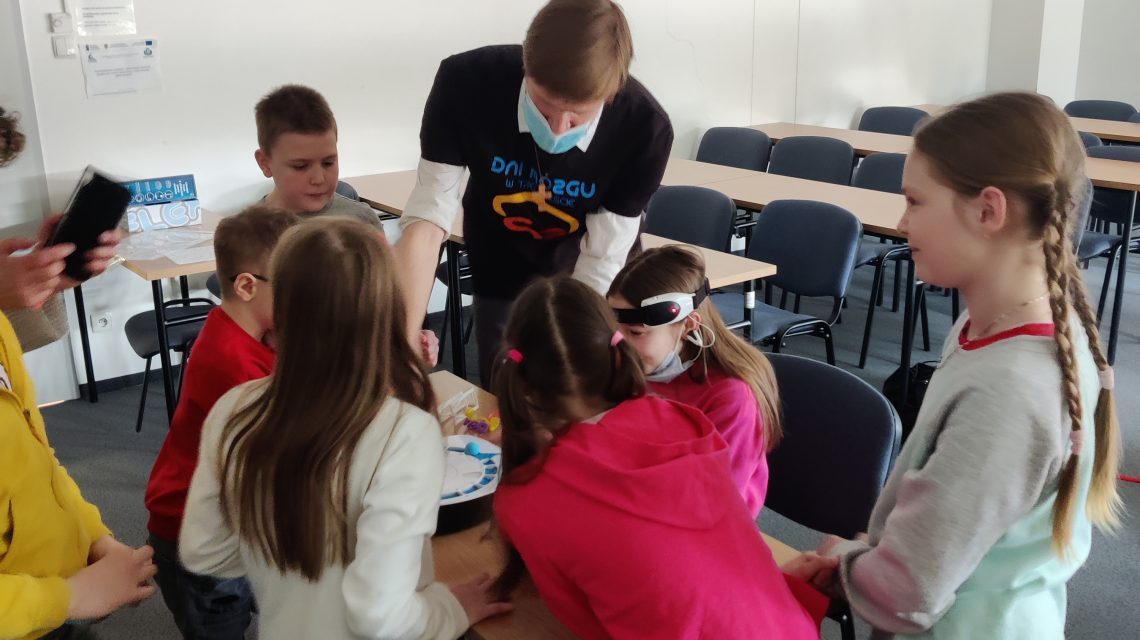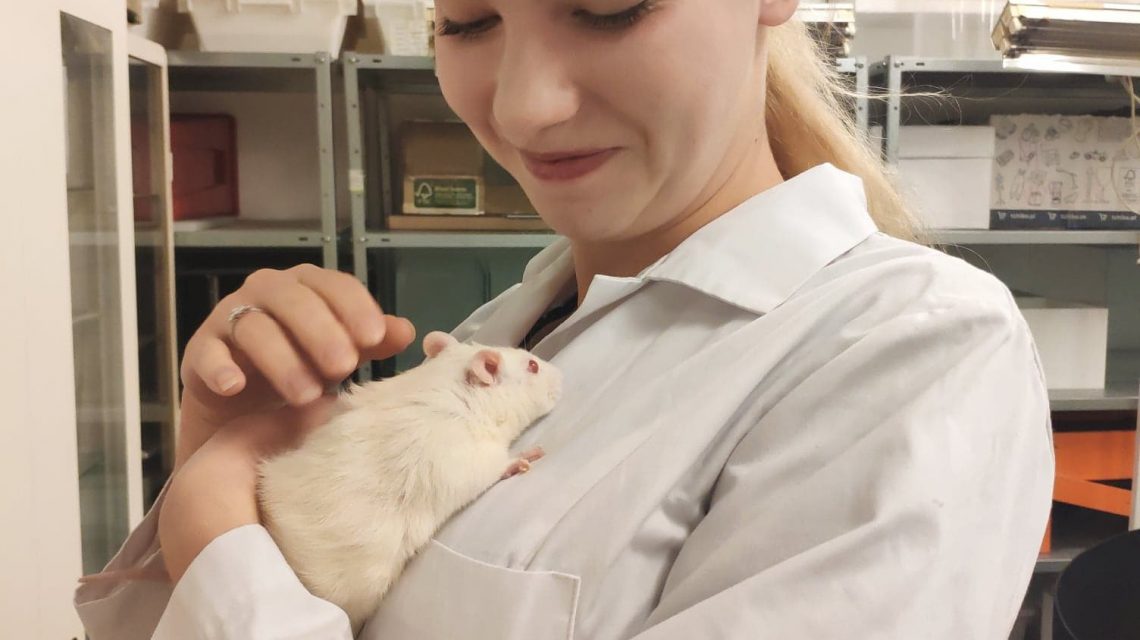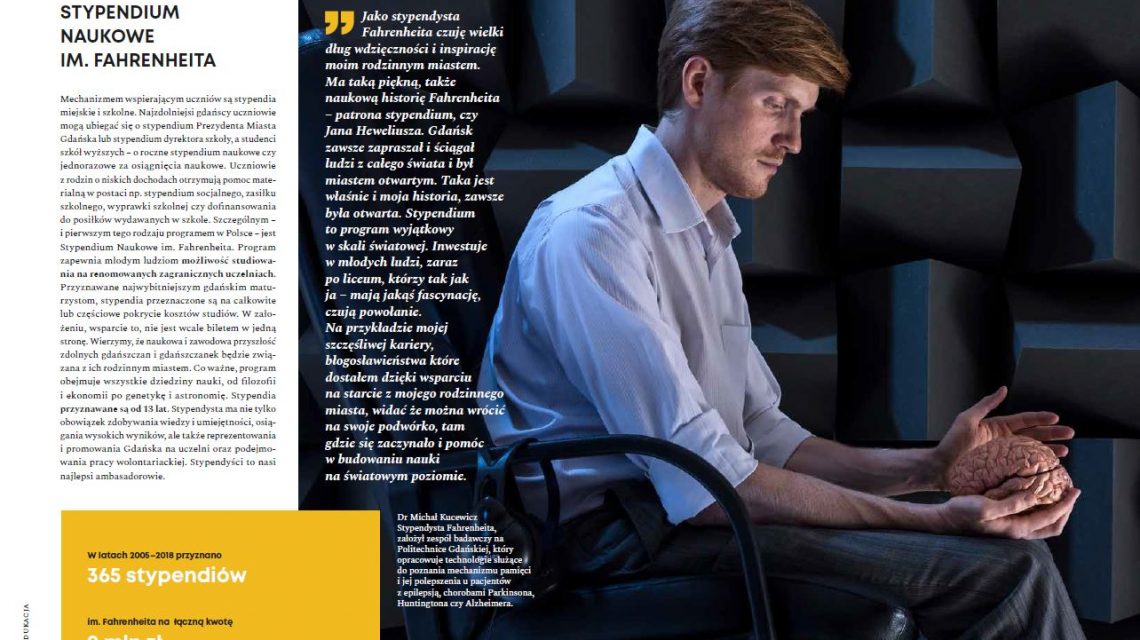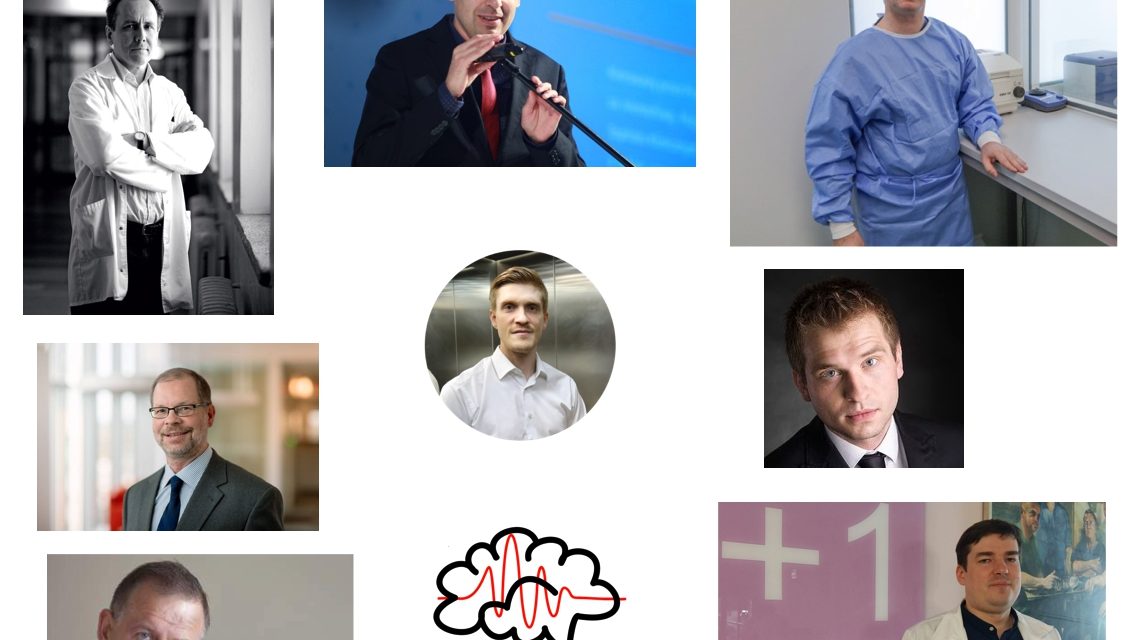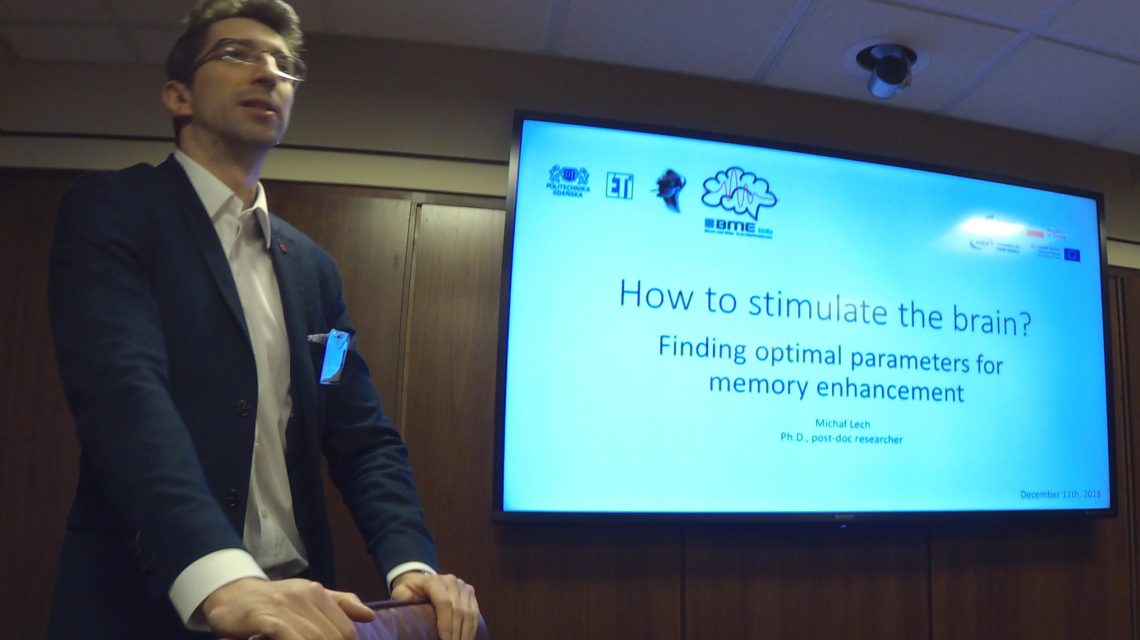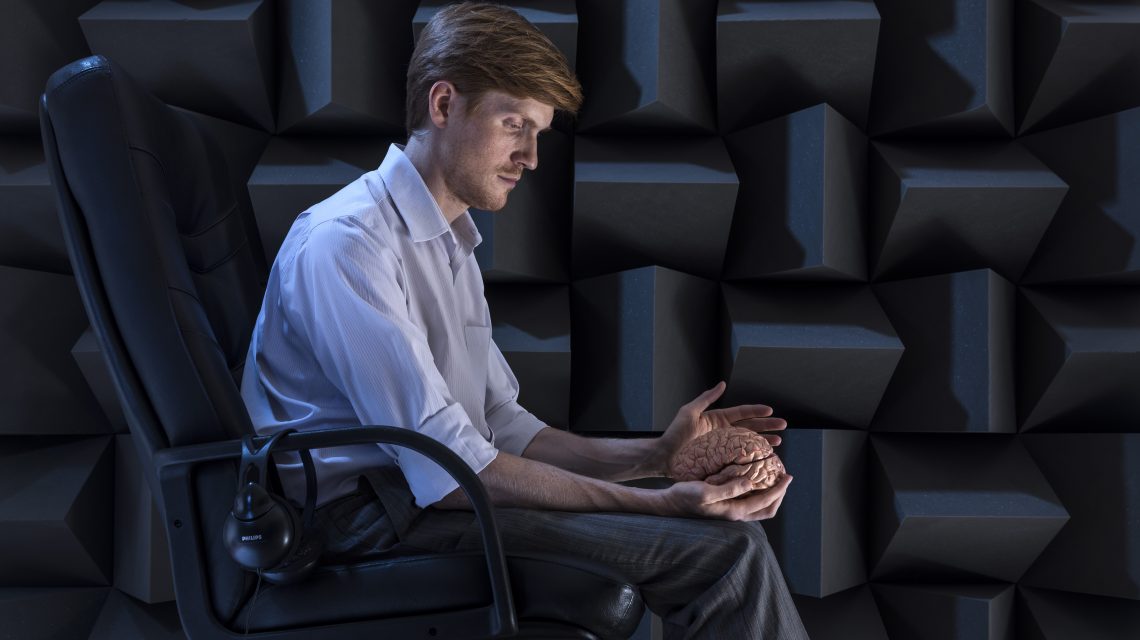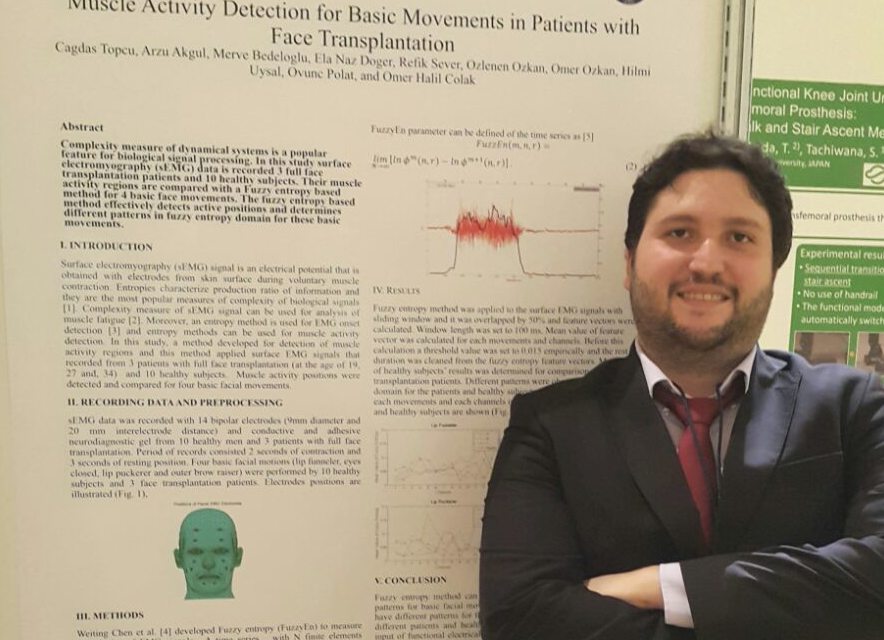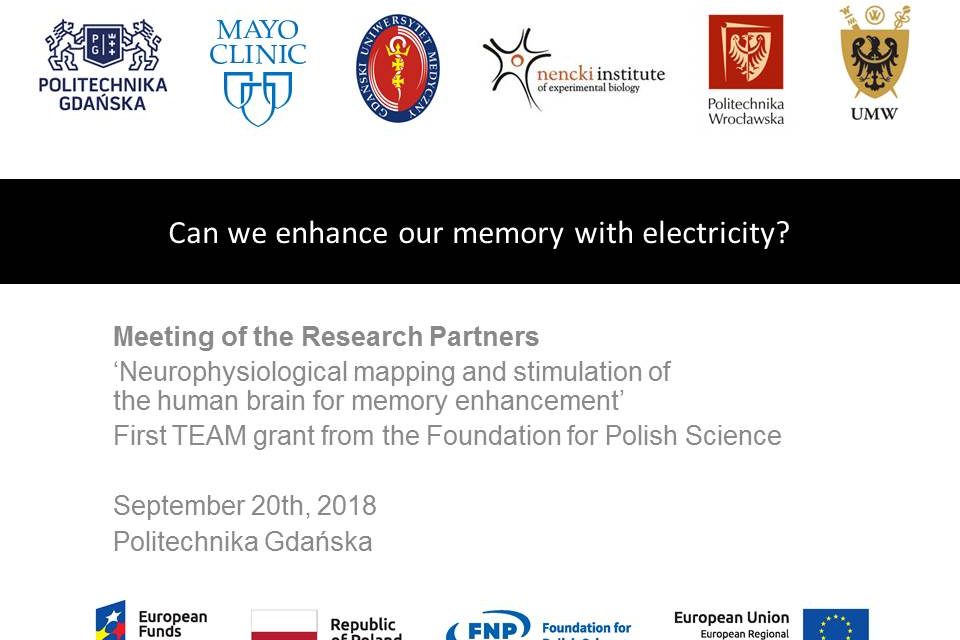BME lab contributed to the 2022 TriCity Brain Week
Last Friday, we ran a successful workshop about the power of concentration at the TriCity Brain Week event held at the University of Gdansk. Ola and Amanda from our BME lab group prepared fantastic presentations for a wide spectrum of audience, ranging from preschoolers all the way up to adults. A brief introduction into the psychology and neurobiology of vigilance, attention and concentration was followed by demonstration of our toy brain-computer interface (BCI). It worked particularly…
Continue reading
